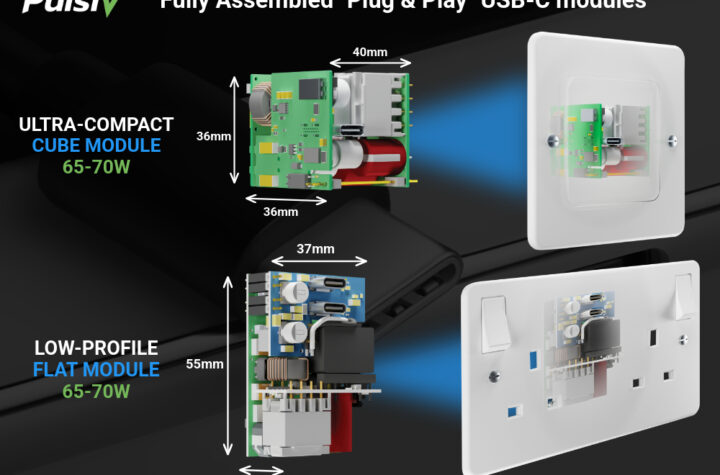
What do Uber, Tesla, Baidu, Ford, Waymo, and GM have in common? Other than the obvious “automotive” answer – these companies are leading the Race for CASE(Connected, Autonomous, Shared, Electric), all announcing aggressive plans to bring driverless cars to market. With the accelerating rise of new technologies, automotive OEMs and dealers will soon be sucked into the vortex that is the Race for CASE. We have already seen the effect that Uber and Lyft have, with 9% of people planning to dispose of their cars for ride sharing services in the next year. Without proper preparation and perspective, laggards will become lost in the wave of innovation.
New traditional automakers are pushing the boundaries of the industry. Although CASE vehicles have been arguably considered a niche product – consumers are becoming more and more ready to accept the fate of the future. Waymo, Google’s self-driving car, is already receiving criticism as a “catchup move” for Google, as they look to disrupt Uber with a similar use case – without the driver. Furthermore, Airbus promises to transform mobility off the road and into the air by 2020.
Automotive trends and their effects for the automotive business
With these fantastic transformational moves comes challenges for IT professionals. Big underlying changes require automotive companies to redefine their skills and competencies with newer, forward-thinking technologies. Heavy integration of Artificial Intelligence, Machine Learning, Big Data, IoT, Data Intelligence, and more means that automotive companies are now also technology companies. The traditional 4 – 6 year product development cycle will not suffice. Automotive business models must learn to deliver at the demanding pace of a high-tech software company, such as SAP. This means that they must hire STEM employees who have the knowledge to accelerate them into the connected future. The challenge for automotive companies is that STEM employees have the opportunity and desire to work for tech-giants like Google or Facebook. Therefore, automotive companies must ramp up their recruiting and incentivization practices to attract and retain STEM employees in the Race for CASE. Speed and agility will define the success of future automotive leaders.
How to start the transformation of your business
SAP works diligently to transform automotive businesses to compete in the global market. We leverage our experience supporting various industry segments such as OEMs, suppliers, and dealers; allowing us to expose the best practices from thousands of customers such as Jaguar Land Rover, Karma, and General Motors, – to name a few. Our broad portfolio of applications and technology enable the ultimate systems of record, insight, and innovation.
Join SAP Automotive as well as hundreds of other leaders in the automotive field on September 11 – 13, 2018 at the Best Practices for Automotive conference in Detroit, Michigan at the MGM Grand Hotel.
By attending #BP4Auto, you will learn how to address the trends above that will ultimately make or break your business success in the future. Staying relevant in the dynamic automotive ecosystem can be tough, but connecting with SAP customers who are attacking these challenges head on ensures that you are maintaining your position as a leader.
Let’s Connect: @StefanKraussSAP | @SAPIndustries












More Stories
What to Do After a Motorcycle Accident to Protect Yourself
Injured in a Motorcycle Crash? Talk to an Attorney Now
Danisense launches ‘Online Calibration Portal’ to offer brand agnostic calibration services for current transducers and smoothen the whole process